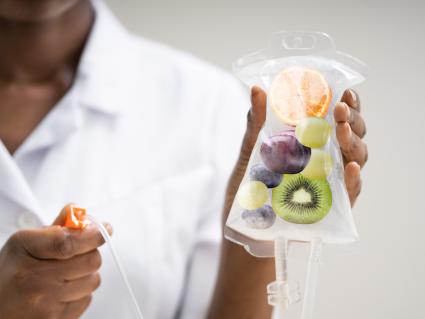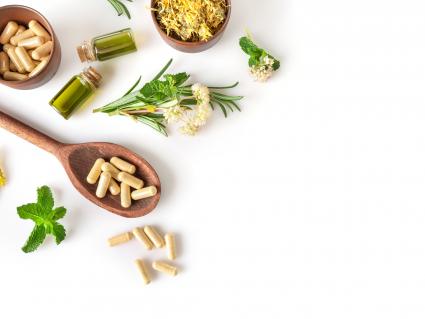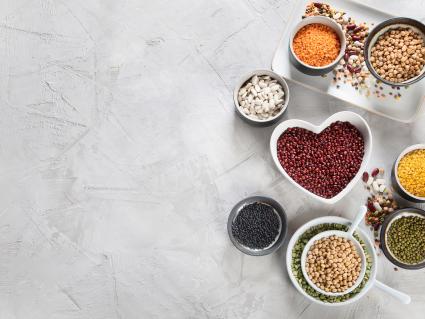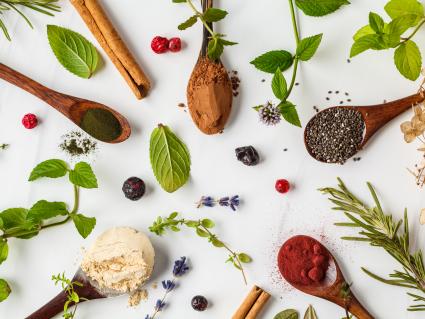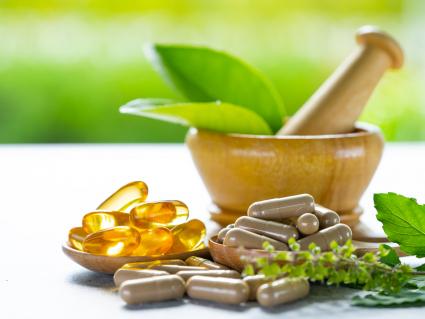Eating for Immunity and the Role of Nutrition
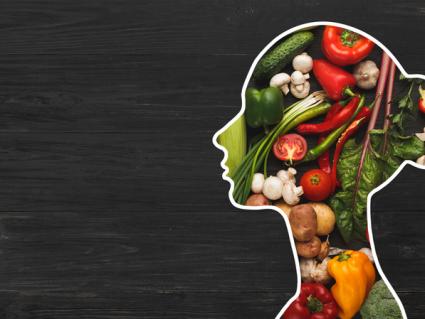
We often hear/say “you are what you eat,” but the truth is actually “you are what you absorb.”
Our ability to digest and absorb nutrients and use them in the ways our body needs is incredibly complex. But one of the first and simplest steps to aid absorption of some key nutrients is turning to food first, before popping various supplements. There is definitely a place for supplementation but we must understand the definition of these tools is truly to “supplement,” or make up for, what we are lacking, either in our diet or in our body’s ability to convert and utilize nutrients.
With Coronavirus at the forefront of our minds these days, we should all be seeking improved immune health. It would be irresponsible for anyone to list key foods and claim immune enhancement by simply eating them. That’s because immunity is a packaged deal—we must look at the total package and not the various parts that make it up. Eating nutritious food is wonderful for so many reasons, but if you are not sleeping or supremely stressed out (or, more often, both) then the food won’t save you. It’s just one piece of the puzzle.
That being said, it’s an important piece of the immunity puzzle! We know for a fact that sugar, for example, makes all symptoms worse, from gut health (where most of our immunity lives) to stress. So as hard as it is to not turn to our comfort foods in an effort to cope with the added stress we’re all feeling, try to limit sugar intake. A great rule to have in place is to keep your home free from tempting and unhelpful foods. Set yourself up for success and stock your fridge, pantry, and freezer with whole, nutritious foods so you have lots of options when you reach for a snack.
Some key nutrients we know to help build or maintain a healthy immune system include zinc, B-vitamins, vitamin D, vitamin C, vitamin K, vitamin A, and iron. These can be found in a wide array of fruits and vegetables (the more the merrier) so eat a variety for the best nutrition. Some foods high in zinc include oysters, beans and lentils, nuts and seeds. Additionally, turmeric, ginger, and fermented foods are mighty warriors when it comes to inflammation and gut health. So add some spice to your life (like using turmeric in your scrambled eggs) and work those probiotic foods into your every day. Some delicious ways include sipping kefir or kombucha, pickling some veggies, or having a low-sugar yogurt at breakfast.
We encourage you to follow our social media, both on Facebook and Instagram for recipes, nutrition information, supplement highlights, and encouragement, during this time and all times.











